A spade-toothed whale is the world’s rarest whale. Scientists have long wanted to study this mysterious sea creature. However, no one has actually ever seen one of the uncommon whales living in the ocean.
As a result, scientific study on the creatures is basically nonexistent. Until now. Earlier this month, scientists reported that what appears to be a spade-toothed whale has washed up on a New Zealand beach.
The Discovery of Spade-Toothed Whales
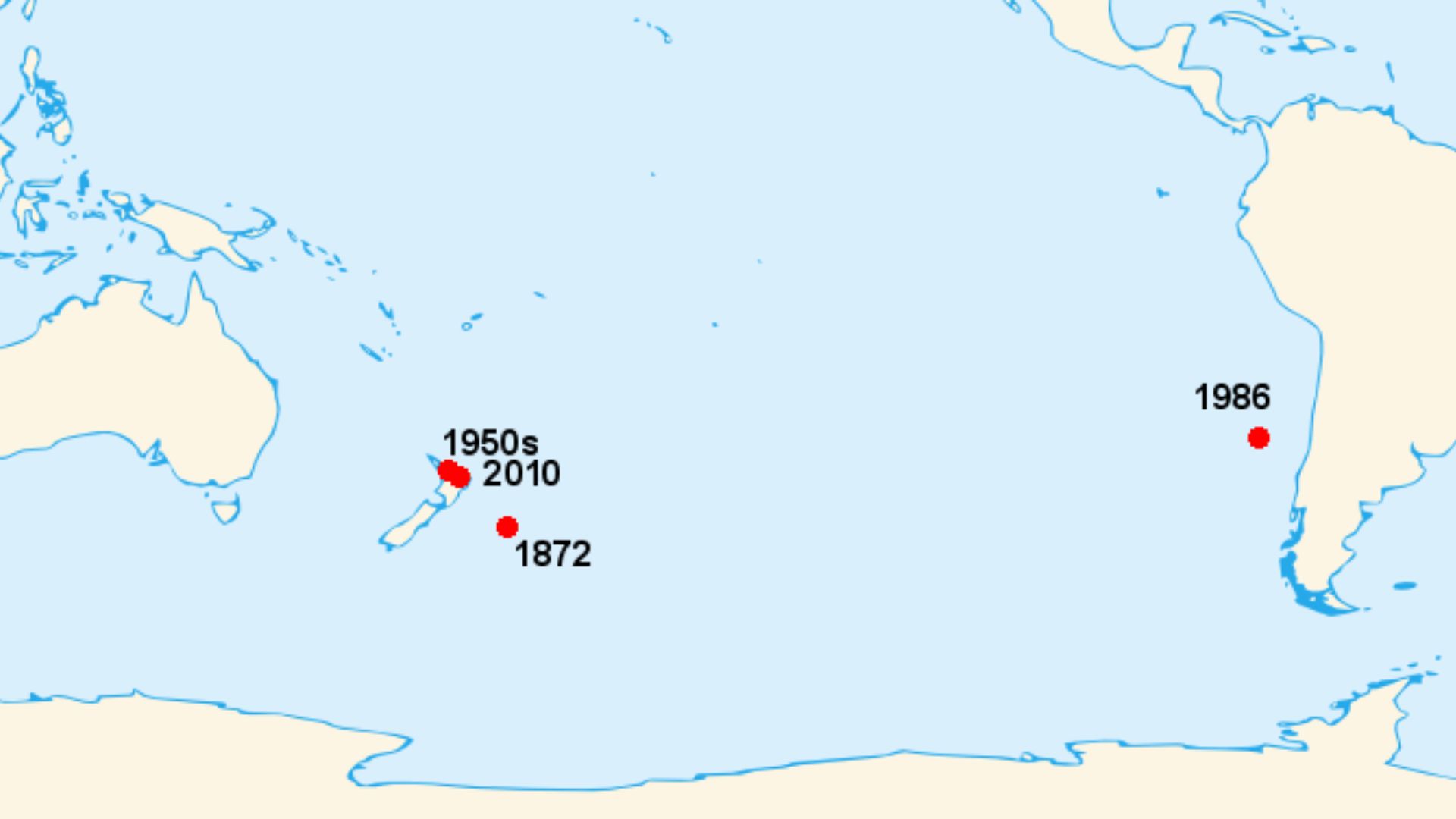
Spade-toothed whales were first discovered way back in 1872 when whale bones were found on New Zealand’s Pitt Island. Not until 1950 were more bones of this specific whale species found, this time on an offshore island.
In 1986, more bones were discovered — but all the way over on Chile’s Robinson Crusoe Island.
Using DNA Sequencing
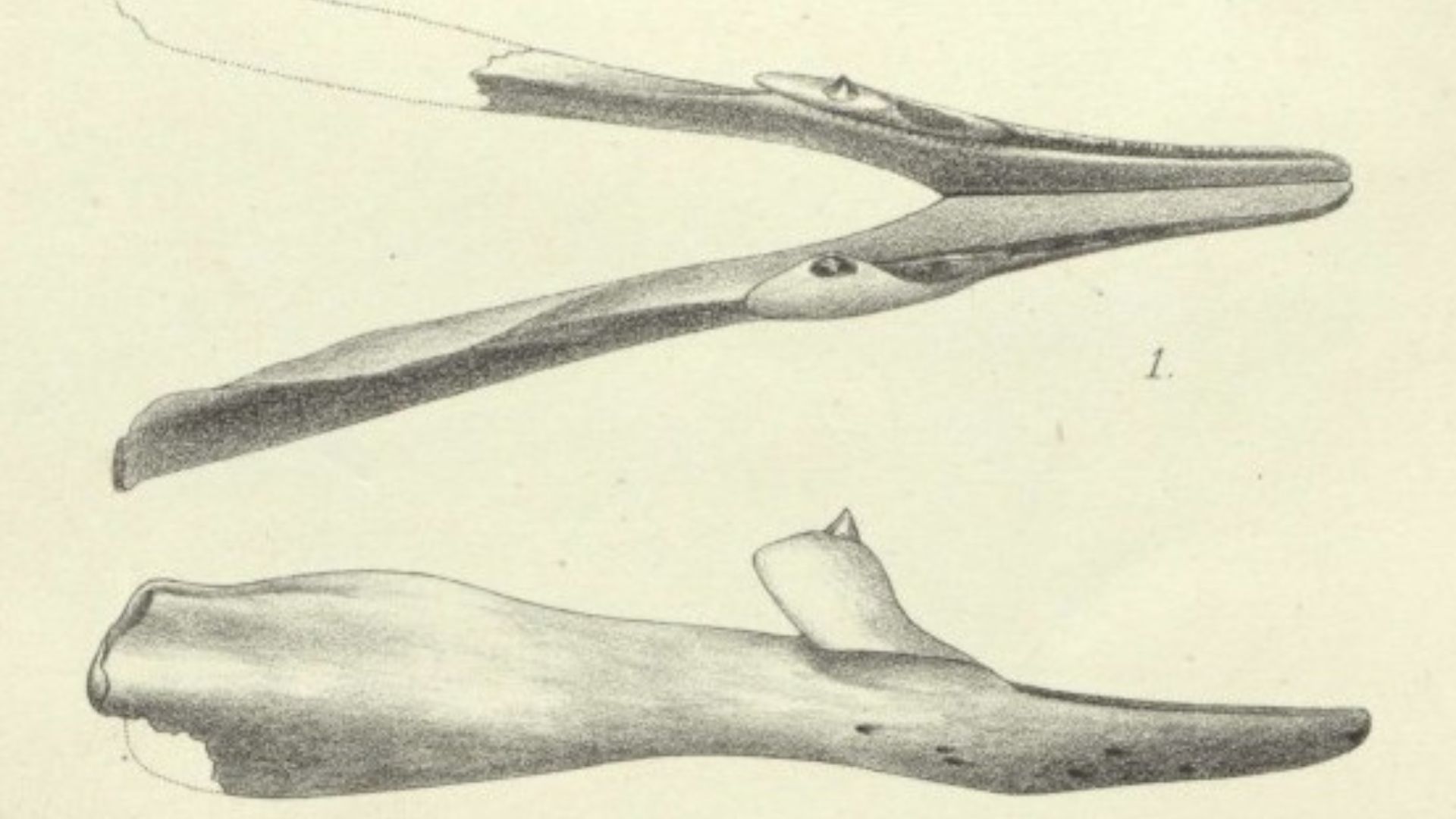
Since the 1800s, scientists haven’t been able to narrow down if all of these different bones, found in different parts of the world, were of the same whale species.
Finally, DNA sequencing conducted in 2002 officially proved that all of these bones were of the same species. Scientists also were able to discover that these spade-toothed whales are very different from other similar beaked whales.
An Extinct Animal?
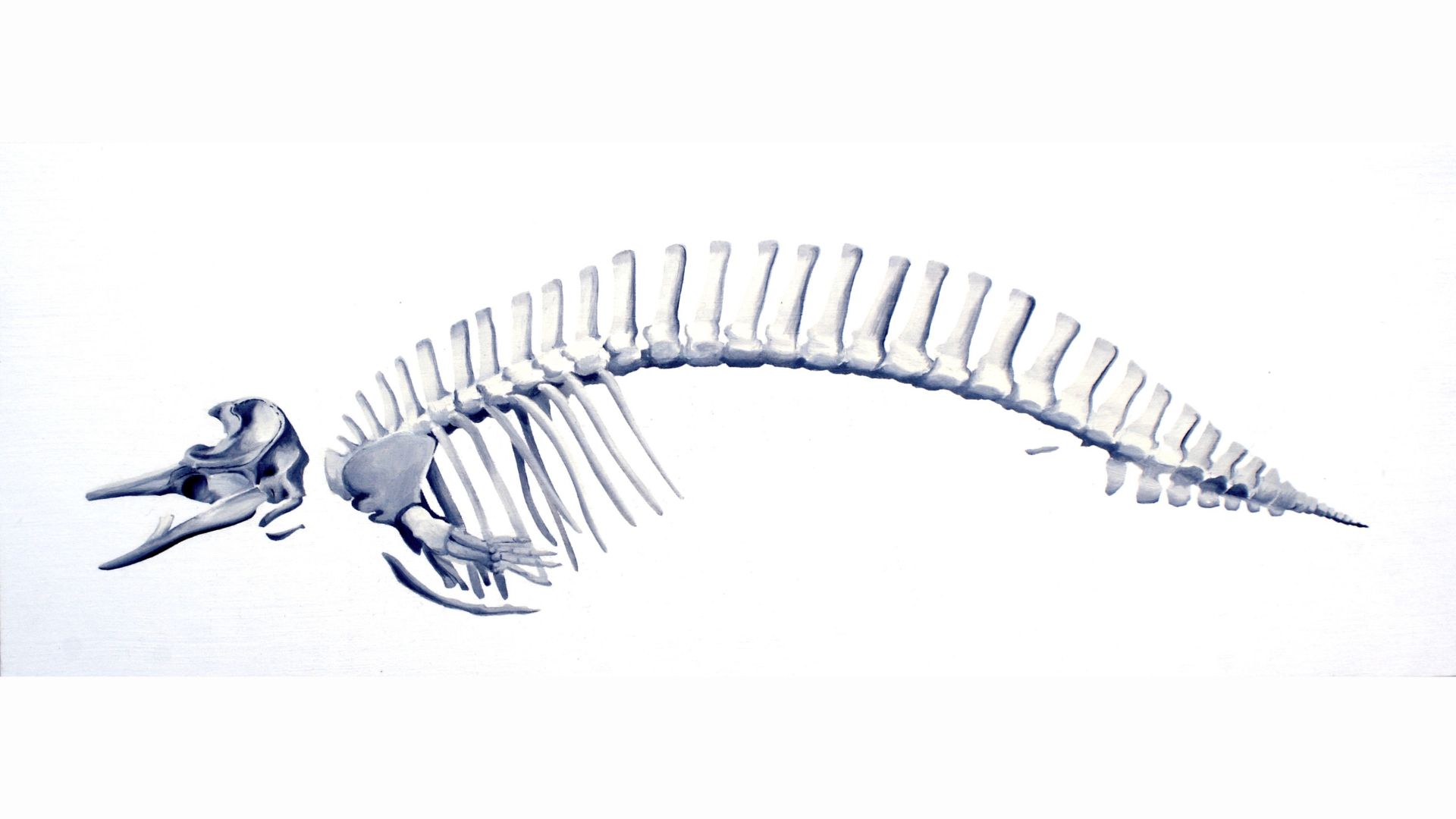
Scientists have never been able to see one of these whales living at sea. As a result, they’ve only ever had their bones to go off of. This led to many theorizing that spade-toothed whales had gone extinct.
In 2010, things changed after two spade-toothed whales washed ashore on a New Zealand beach. Though dead, they were whole. Tissue samples confirmed these whales were, in fact, the world’s rarest whale.
The Finding of a Spade-Toothed Whale in 2024
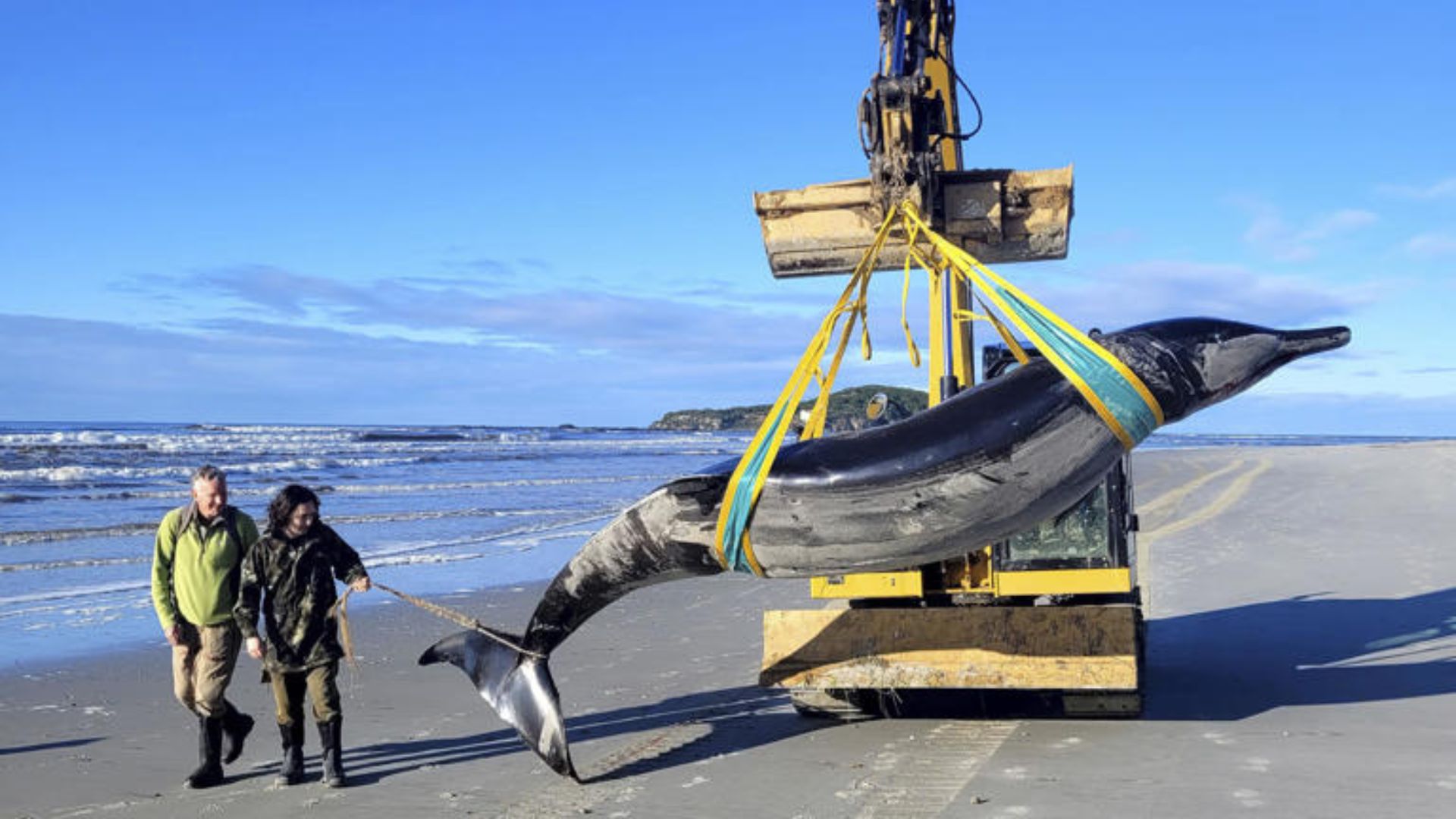
Just this month, a whole spade-toothed whale washed ashore on Otago beach in New Zealand. New Zealand’s Department of Conservation was able to head to the scene to officially identify this rare species.
The whale discovered is about five meters long and appears to be a type of beaked whale. Researchers believe it’s a spade-toothed whale because of its colors, as well as its teeth, beak, and skull.
Next Steps
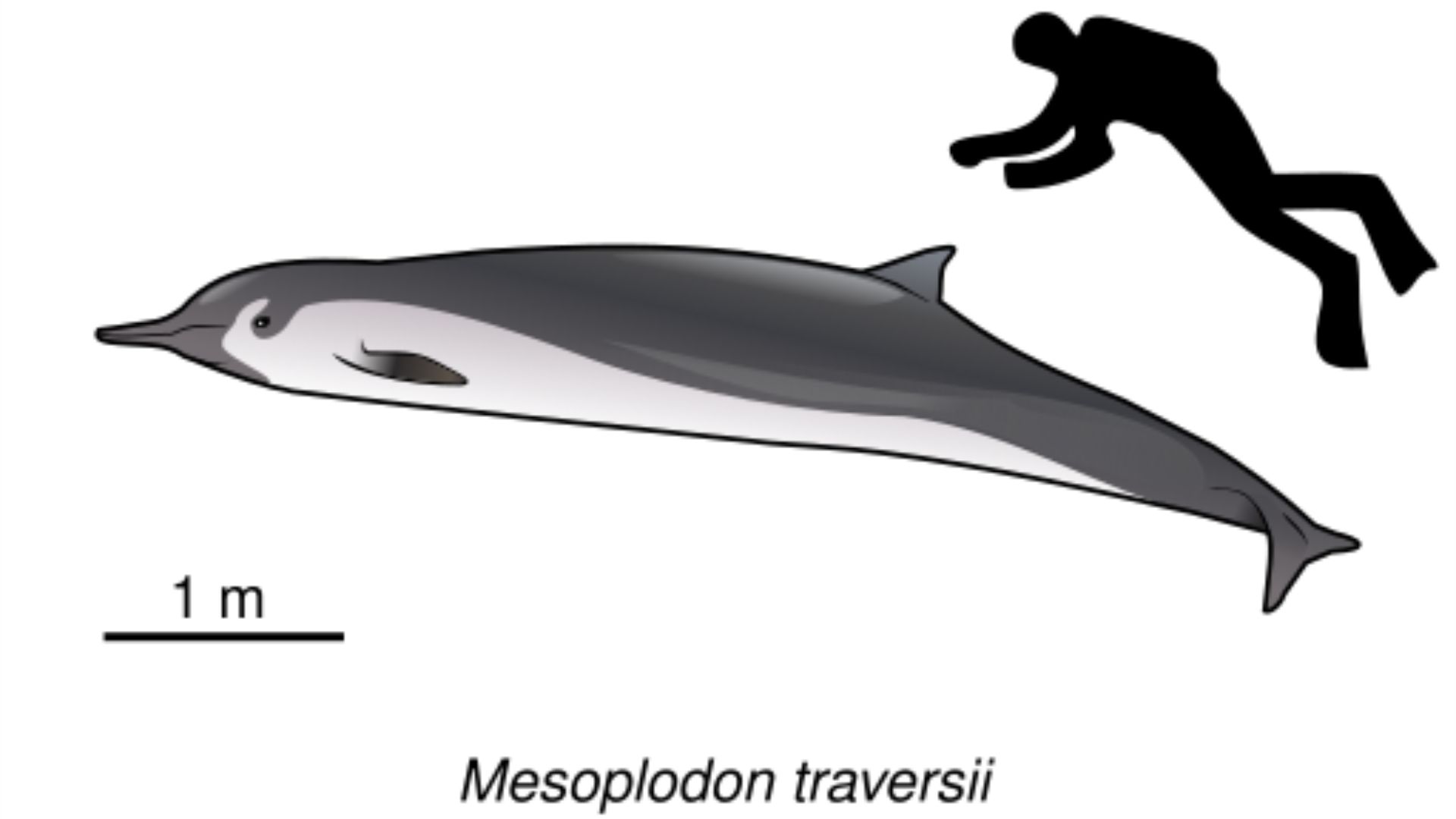
If scientists are able to officially confirm that this washed-up whale is indeed a spade-toothed whale, then they will begin to dissect it to learn more about how it lives.
So far, science is in the dark about this whale. Nobody knows where these whales live, what they eat, or where they tend to frequent in the ocean. This discovery could change everything.
A Rare Find
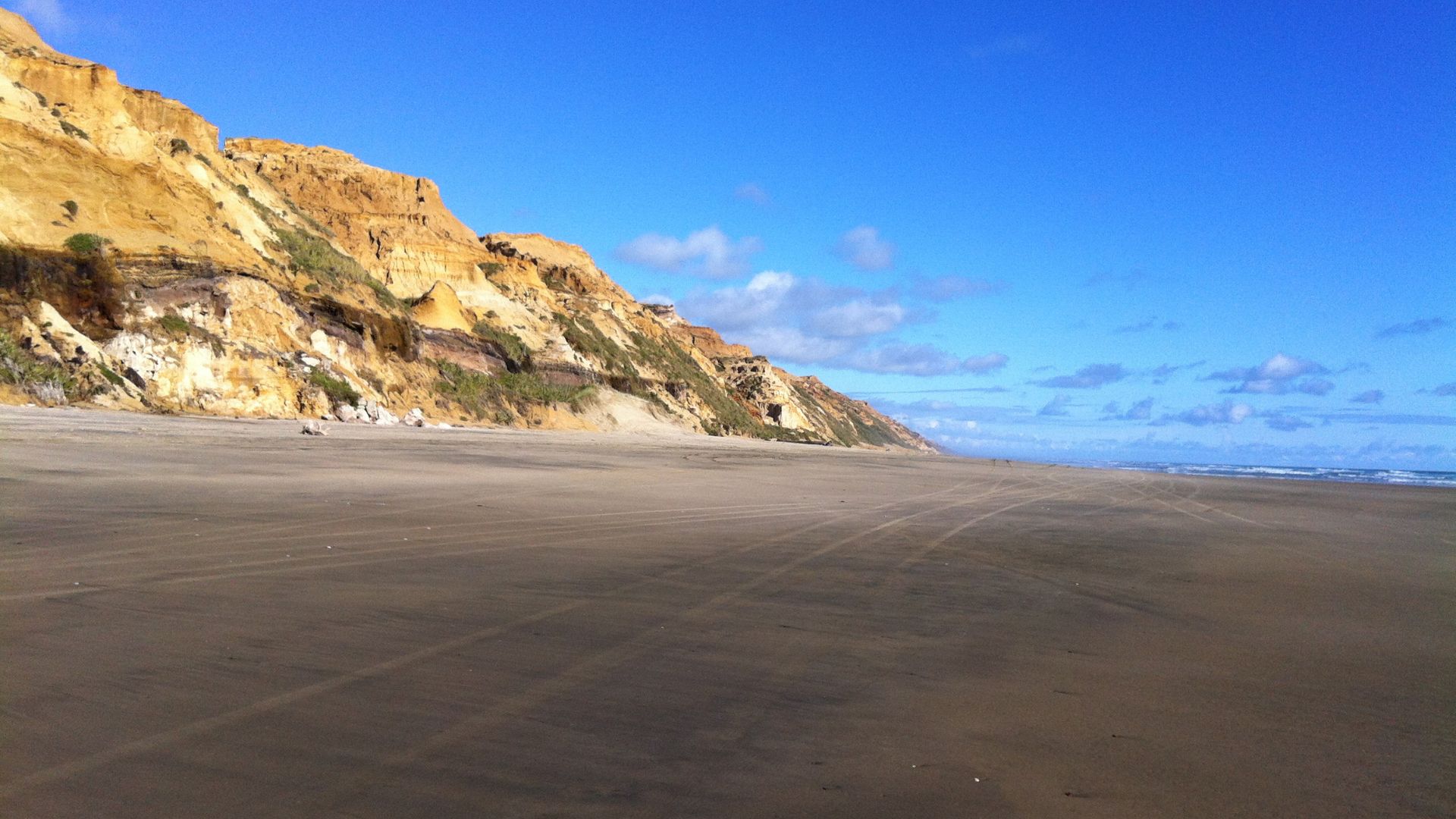
This rare discovery also marks the first time a spade-toothed whale has washed up on a beach where the state allows scientists to dissect it.
In known history, only six spade-toothed whales have washed ashore — and all have been discovered on the North Island beaches of New Zealand. However, these whales were buried before scientists could ever study or test them.
Sacred Treasures in New Zealand
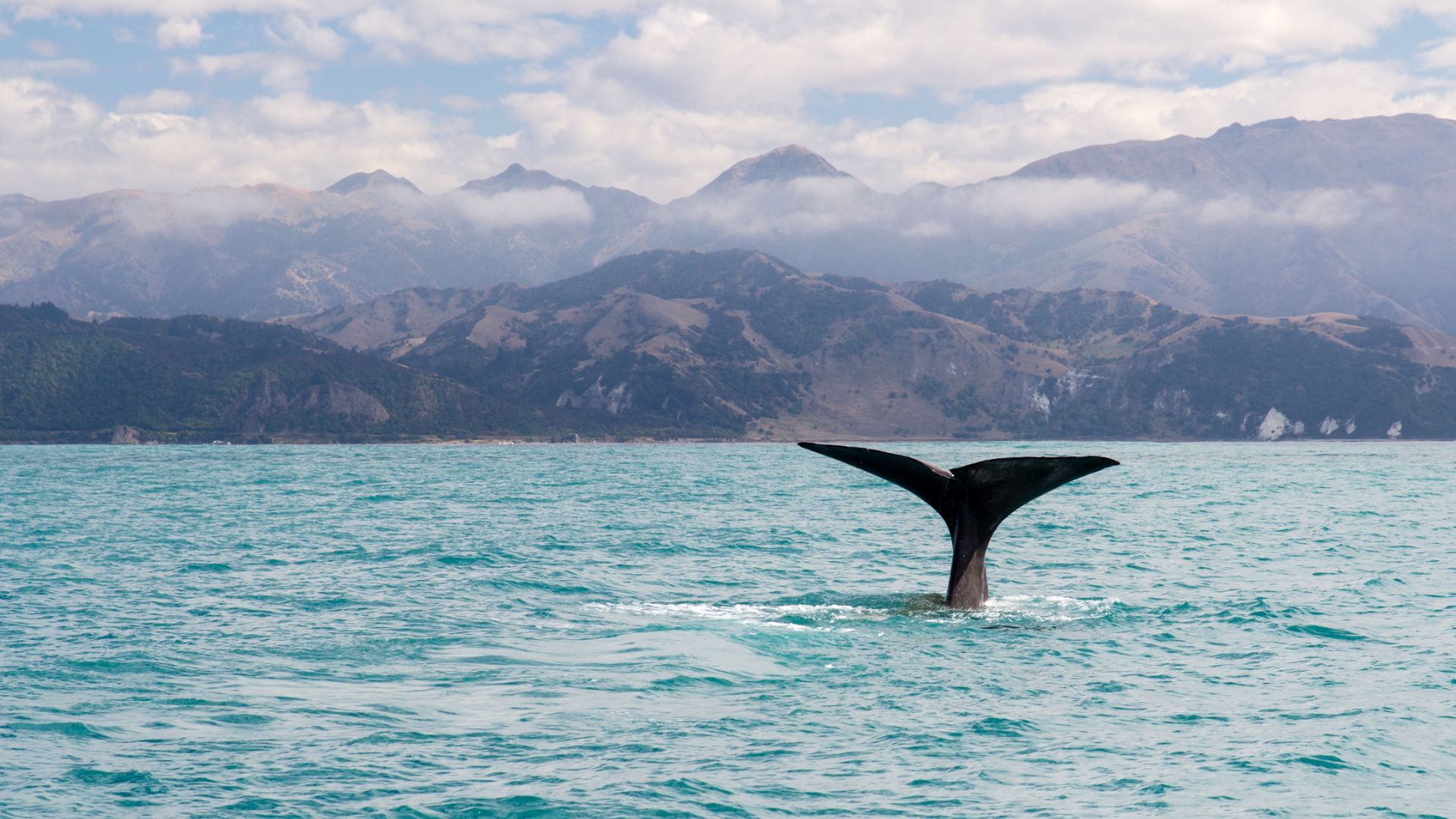
This has occurred because New Zealand’s Indigenous people consider whales to be a taonga, or a sacred treasure. Therefore, their culture does not allow testing or dissection of these dead animals. They bury them instead.
Scientists who have discovered this new whale have revealed that they will work with local Māori iwi to decide how this whale will be examined in the near future.
Why Have These Whales Never Been Seen?
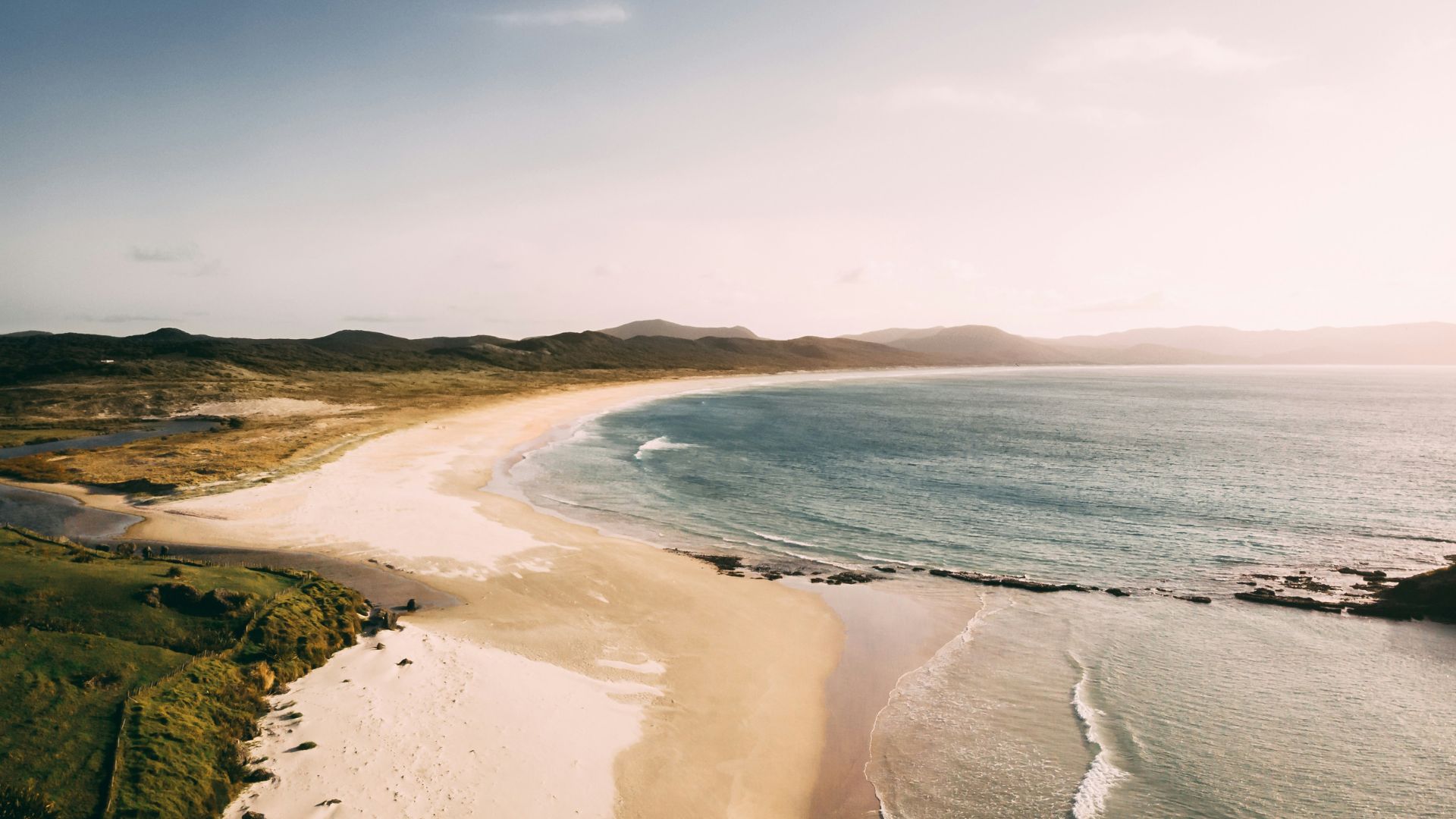
These remarkable whales have never been seen living in ocean waters. There are a variety of reasons why this could be the case.
Most scientists believe this is because they dive deep into the ocean for food. Therefore, they never have a reason to surface. As the southern Pacific Ocean has some of the deepest ocean trenches seen in the entire world, it has been impossible for scientists to narrow down where these spade-toothed whales may thrive.
A Needle in a Haystack
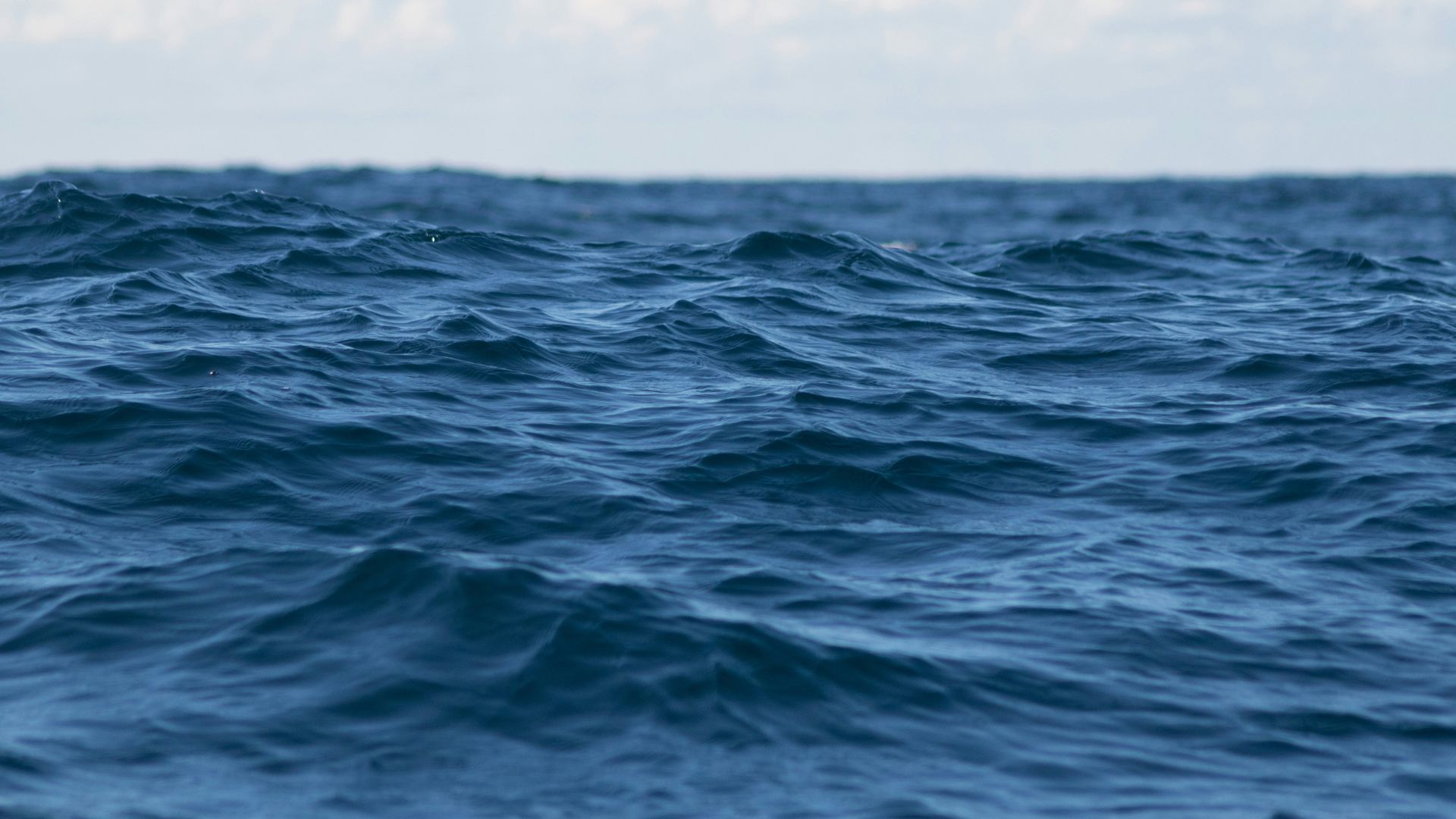
Hannah Hendriks, the Marine Technical Advisor for New Zealand’s Department of Conservation, explained that scientists are working off of nothing when they search for these whales’ homes.
“It’s very hard to do research on marine mammals if you don’t see them at sea,” she said. “It’s a bit of a needle in a haystack. You don’t know where to look.”
Learning More About Spade-Toothed Whales
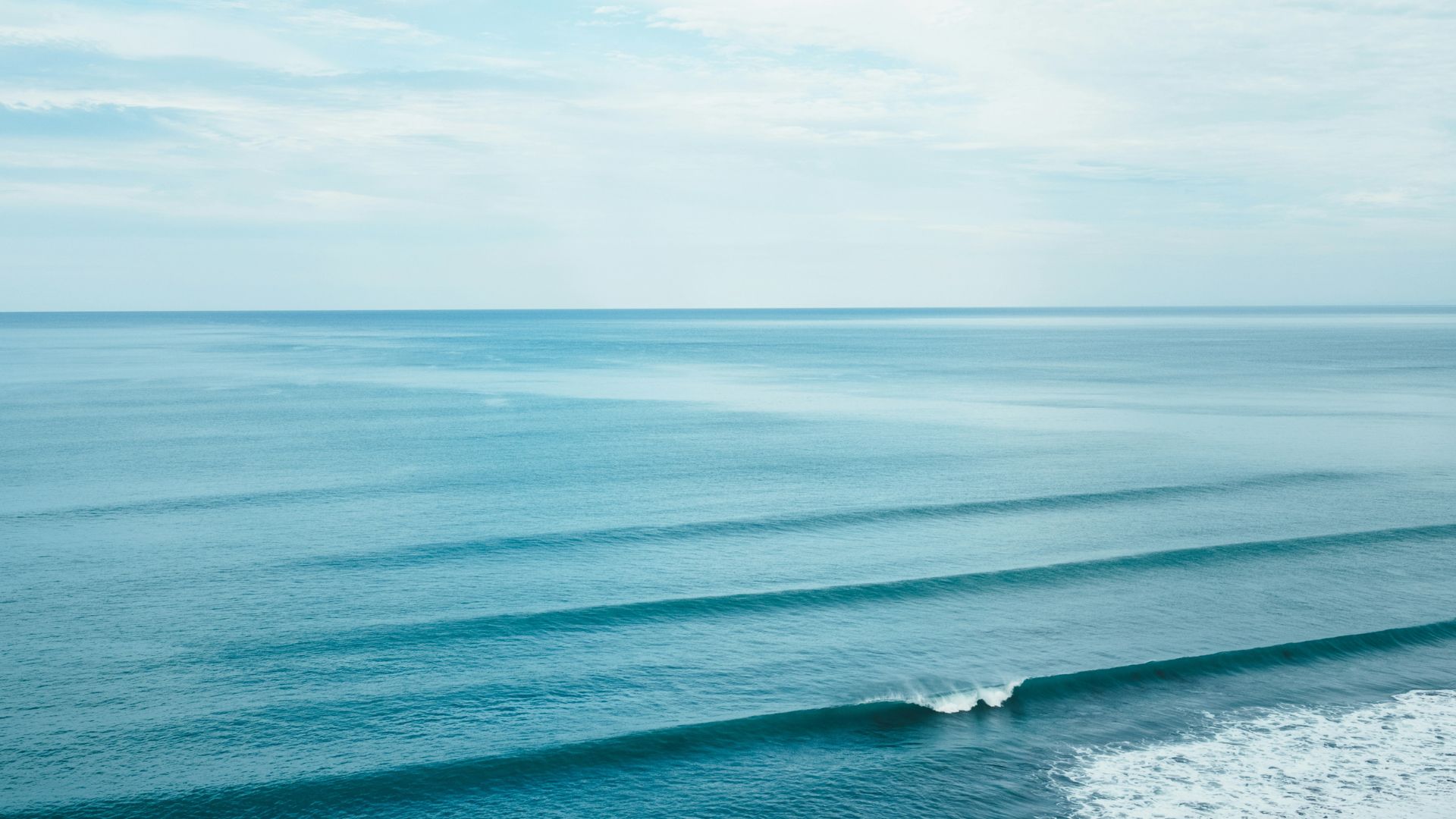
Kirsten Young, a University of Exeter senior lecturer, further stated that this new discovery has led to more questions — including how many other spade-toothed whales may be out there.
She said, “Makes me wonder – how many are out in the deep ocean and how do they live?”
Discovering Brand New Information
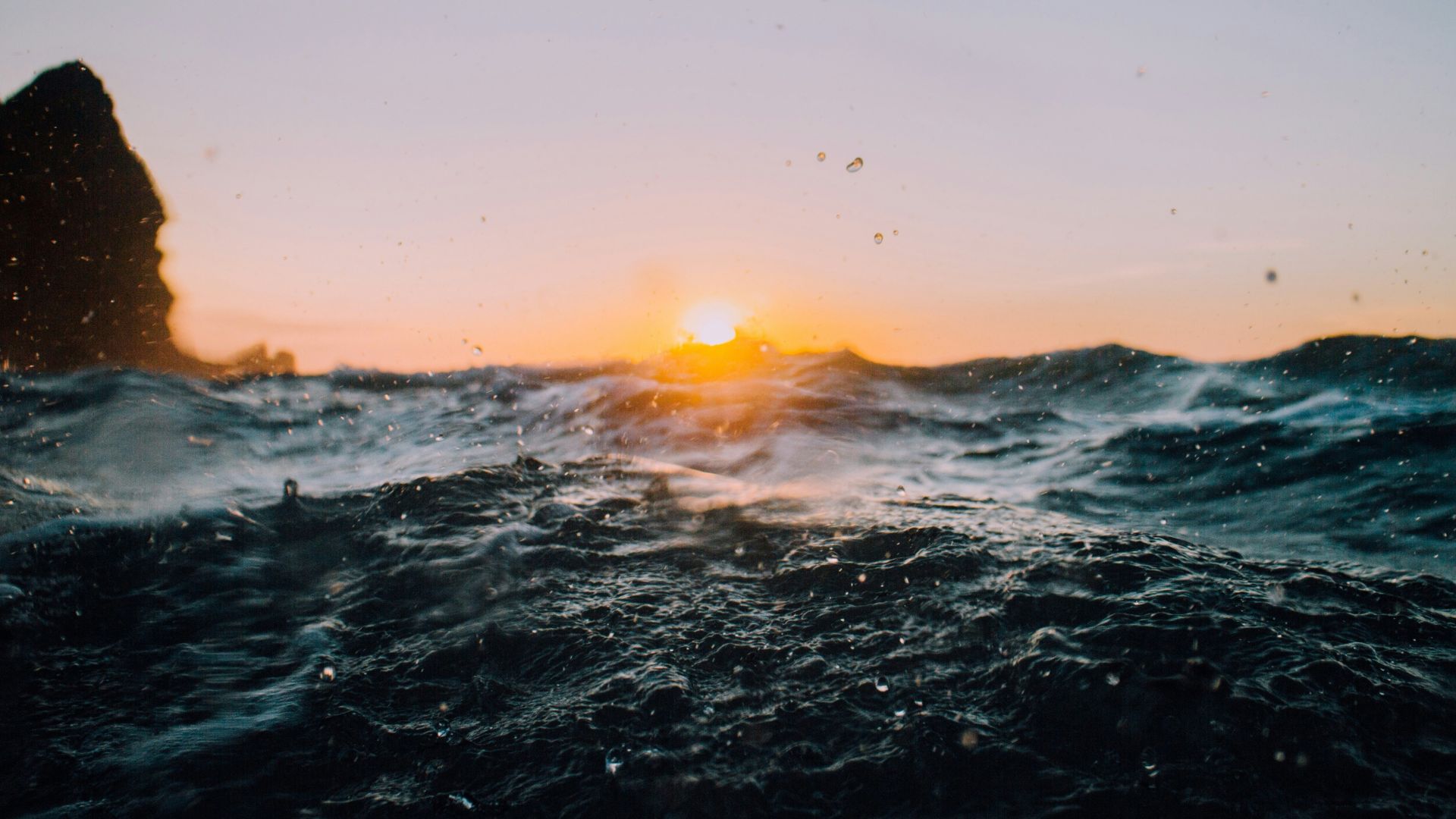
If this whale indeed turns out to be a spade-toothed whale, scientists will finally be able to obtain information about the whales for the first time in history.
“This is going to lead to some amazing science and world-first information,” Hendriks explained.
